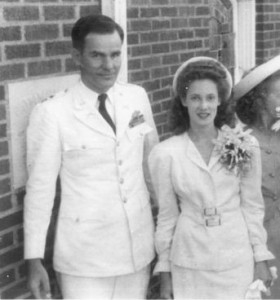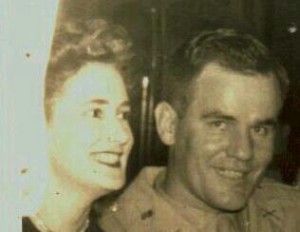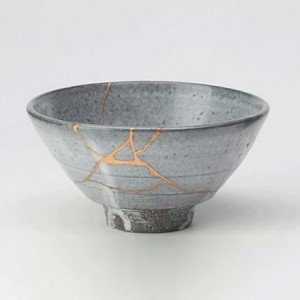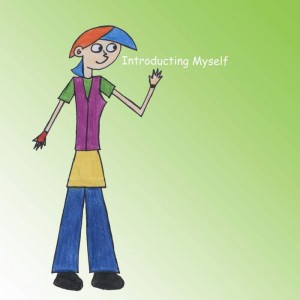
Today would be my parents’ 68th wedding anniversary. I think… 🙂 They were married after the war — mother a beautiful divorcée, working in my father the captain’s recruiting office. Well in to a tumultuous marriage, they divorced. Then remarried each other. Not the kind of rôle models you want for marriage, really.
My father was as handsome as they come, and about as clueless in terms of marriage, I suspect. His own mother once told me — on her deathbed, no less — that she never should have married my grandfather. But she was a young spinster bluestocking, and her parents were, from what I understand, very ‘enthusiastic’ (re: demanding?) that she marry Grandfather. I should have gone to live with Nona [her sister] in California, she told me.
My mother adored my father. Even when they fought — which wasn’t uncommon — she was proud of her hero of a husband, tall & gorgeous in his dress whites. And she loved traveling to the places Daddy was posted, at least at first.

But marriage — even the best of marriages, and I doubt theirs was — is very hard sometimes. And neither my mother (whose own mother was twice-divorced — once from my grandfather, an alcoholic, and later from a man who was abusive) nor my father had what we would now consider ‘healthy’ marriages. What they had was love & passion. And often that was enough.
What I learned, watching them, wasn’t always what they probably intended. I learned that love is fragile, and that surprises should be good ones — a baby elephant in a parking lot — not bad ones — you should talk about moves, not simply assign them. I learned that passion isn’t enough, but it can get you through bad moments. And that children shouldn’t be the major focus in a marriage — there must be the bond between the two partners, as well.
I also learned that love ages, just as the partners do. What drew you together in your 20s will not keep you together in your 60s. Perhaps that’s what my parents discovered, when they divorced, and then remarried. Even now, these decades later, I wonder about the love my parents shared. So very different from my beloved in-laws’ marriage. Love is as idiosyncratic as voice & fingerprints, DNA. Unique to each set of lovers.
Today, thinking about my beautiful, damaged parents, I am grateful they loved each other enough to stay with us, their four children. I’m happy I was able to know them — as the flawed & yet wonderfully charming — couple they were for so many years.

The Japanese have an art form — kintsugi — in which they mend broken bowls with gold. Akin to the philosophy of wabi-sabi, in which imperfection is seen as having its own ephemeral beauty, in kintsugi ceramics, the break is mended with a mix of lacquer and powdered gold, silver, or platinum. This highlights the broken places. Christy Bartlett, in The Aesthetics of Mended Japanese Ceramics, notes that:
The vicissitudes of existence over time, to which all humans are susceptible, could not be clearer than in the breaks, the knocks, and the shattering to which ceramic ware too is subject.
Highlighting usage, the passage of time, and the hard edges of life with a richly beautiful seam of gold is what I think of when I reflect on my own mended bowl of a marriage. It’s what I learned from my parents, ultimately — that love need not be perfect. It need not even be comprehensible to anyone outside its circle. And perhaps its fissures, the pieces shattered by this tragedy or that wrong, are highly visible. Certainly my parents’ were. But if you make it through — if love mends those broken places — love need only be what it is — the indefinable reaching out of one heart for another. Then those cracks & chips & fragments & shards go through a kind of transformative alchemy, so that the loss of a child eventually becomes a sharing, not a breaking. And the passage of a dark & bitter year becomes seasoning, not destiny. And love? Love becomes a rare & lovely thing — gold highlighting all the breakage behind you. Its own kind of kintsugi, love, turning loss to gold that holds those places together.

